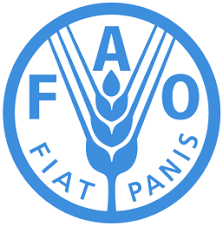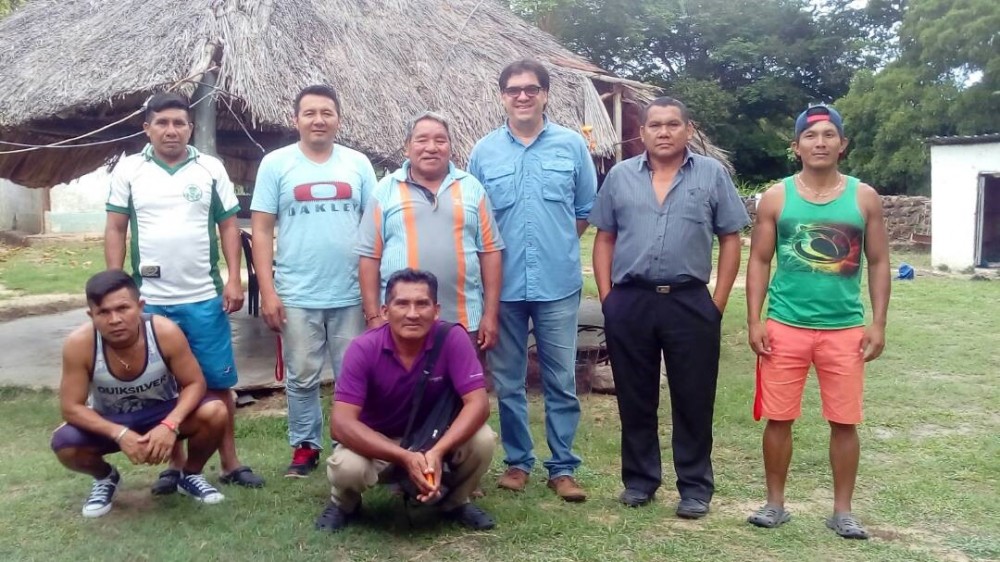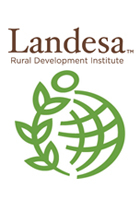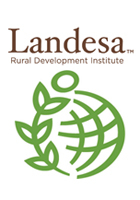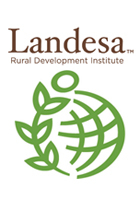FAO Policy Series: Tenure of Land, Fisheries and Forests
The daily food and incomes of billions of people, particularly the rural poor, are determined by their access to land, fisheries and forests. Societies decide and regulate access to these resources through systems of tenure. Paul Munro-Faure, Deputy Director and Francesco Romano, Land Tenure Officer of the FAO Partnership, Advocacy and Capacity Development Division explain how supporting responsible governance of tenure is critical to achieving food security and allowing families to invest in sustainable production. They describe the FAO policy work, including key policy messages.


